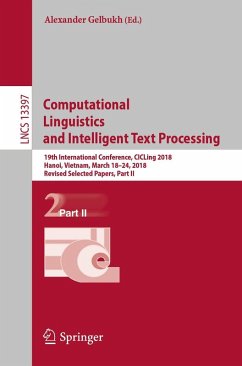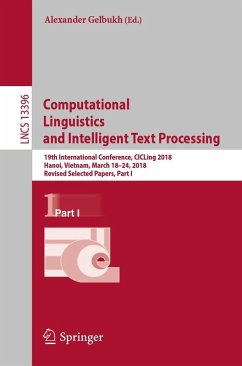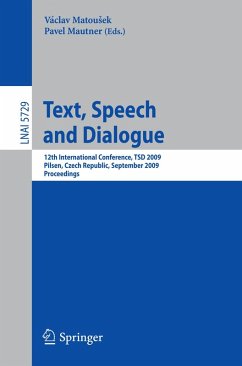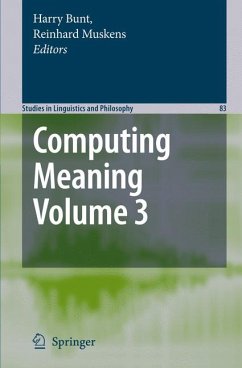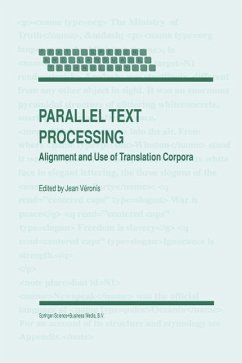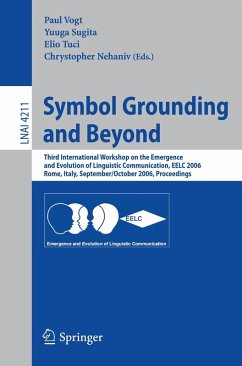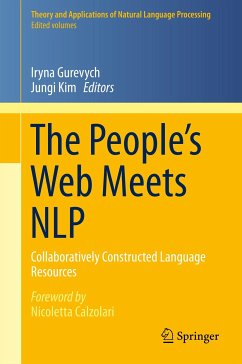
Corpora and Translation Education (eBook, PDF)
Advances and Challenges
Redaktion: Pan, Jun; Laviosa, Sara
Versandkostenfrei!
Sofort per Download lieferbar
112,95 €
inkl. MwSt.
Weitere Ausgaben:

PAYBACK Punkte
56 °P sammeln!
This edited book covers a range of topics related to the use of corpora in translation education, including their standing in corpus-based translation studies, their relationship with machine learning and post-editing, recent advances in learner corpora development and the integration of corpora into translation pedagogy.The book draws the reader into the latest debate on the potential benefits and challenges of using corpora in translation education, as well as serving as practical guidance on how to incorporate corpora into their teaching practice.The book is of particular interest to transl...
This edited book covers a range of topics related to the use of corpora in translation education, including their standing in corpus-based translation studies, their relationship with machine learning and post-editing, recent advances in learner corpora development and the integration of corpora into translation pedagogy.
The book draws the reader into the latest debate on the potential benefits and challenges of using corpora in translation education, as well as serving as practical guidance on how to incorporate corpora into their teaching practice.
The book is of particular interest to translation educators, researchers, and postgraduate students who are interested in exploring theoretical underpinnings as well as new ways of teaching and learning translation.
The book draws the reader into the latest debate on the potential benefits and challenges of using corpora in translation education, as well as serving as practical guidance on how to incorporate corpora into their teaching practice.
The book is of particular interest to translation educators, researchers, and postgraduate students who are interested in exploring theoretical underpinnings as well as new ways of teaching and learning translation.
Dieser Download kann aus rechtlichen Gründen nur mit Rechnungsadresse in A, B, BG, CY, CZ, D, DK, EW, E, FIN, F, GR, HR, H, IRL, I, LT, L, LR, M, NL, PL, P, R, S, SLO, SK ausgeliefert werden.



